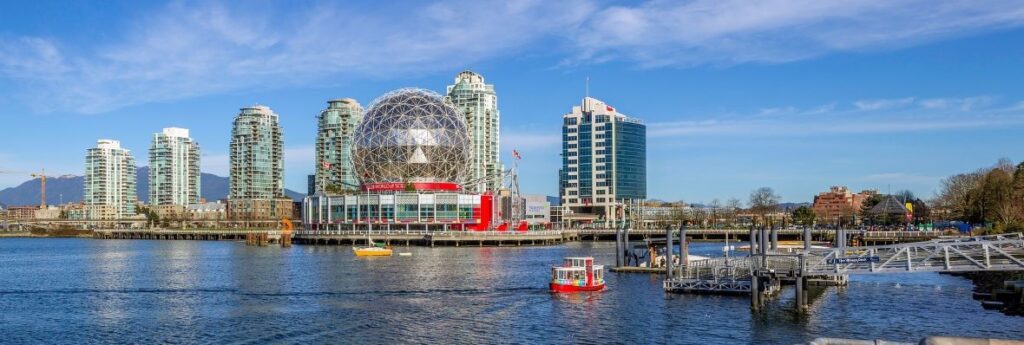With Metro Vancouver set to host FIFA World Cup of soccer games in 2026, the city will see the first effects of an epic capacity crisis that will ultimately require the city to add 20,000 hotel rooms by 2050 to meet expected demand.
And, according to a new study released by Destination Vancouver, failure to close the gap between capacity and demand, along with resulting room shortages and higher rates, will cause potential visitors to “just go elsewhere” – prompting economic devastation for the city’s tourism economy and, by extension, the BC destinations that depend on the city as a gateway.
Ten thousand rooms will be necessary in Vancouver alone, says the just-released ‘Economic Analysis of Hotel Supply and Projected Demand in Metro Vancouver, 2023 to 2050’ report, which projects that if the supply of hotel rooms remains at current levels, demand will exceed supply by:
• 2026: in the summer months in the City of Vancouver.
• 2028: in the summer months in the rest of Metro Vancouver.
• 2040: every month of the year across Metro Vancouver.
As such, the cumulative economic cost to the city between 2022 and 2050 is forecast to be:
• $30.6 billion in foregone output
• $16.6 billion in forgone GDP
• 168,000 of foregone employment
• $7.5 billion in foregone tax revenue
“Metro Vancouver’s infrastructure is not keeping up in delivering on our global profile,” said Royce Chwin, Destination Vancouver’s President & CEO. “This is critical because on our doorstep over the next few years are tennis’s Laver Cup, the Invictus Games, next year’s Grey Cup, and in 2026 we’re a host city for the world’s largest single sport event, the FIFA World Cup.”
Cities of a comparable profile have been building new hotels at a steady pace. At the same time, Vancouver’s hotel supply has been contracting; Metro Vancouver is down roughly 2,000 rooms since 2010, with 1,500 of those rooms lost in Vancouver.
The pandemic removed an additional 550 rooms from the city’s inventory, with purchases by BC Housing and City of Vancouver, which converted those rooms to supportive housing.
Destination Vancouver (DV) says it identified and has actively been working on the capacity issue for close to a decade.
“The precursor to this report (published in 2019) included projections from 2022 to 2030, which is now too short a planning horizon for development timelines,” says DV.
It adds that projections in the new report are in line with the planning horizons of the Vancouver Plan and Broadway plans, but cautions, while “The City of Vancouver did pass an interim hotel development policy in 2018… it is just a policy statement. To make a tangible impact on the hotel inventory, substantial new investment is needed, both to mitigate loss through redevelopment and to encourage new development.”
DV warns that existing development applications and permits for additional hotel capacity submitted to the City of Vancouver are “insufficient to replace the losses. And the total estimate of approximately 1,100 new rooms in rezoning, planning, or permitting stages through to 2026 is by no means guaranteed.”
“This is crucial for our global destination competitiveness,” says Chwin. “Lack of available hotel rooms will make visiting Vancouver even more expensive, and the city will be less competitive in attracting major conferences, large sporting events and leisure group travel. Vancouver is running short on time to prepare for the influx of visitors and the economic impact they contribute to the city. Those visitors will just go elsewhere.”
Vancouver is the also the gateway to the rest of the province and the lack of capacity may mean visitors avoid BC altogether, instead choosing other parts of Canada for their travel, warns Destination Vancouver, adding, “This in turn deprives smaller cities and towns in our province of the positive economic benefit that those visitors would bring.”

